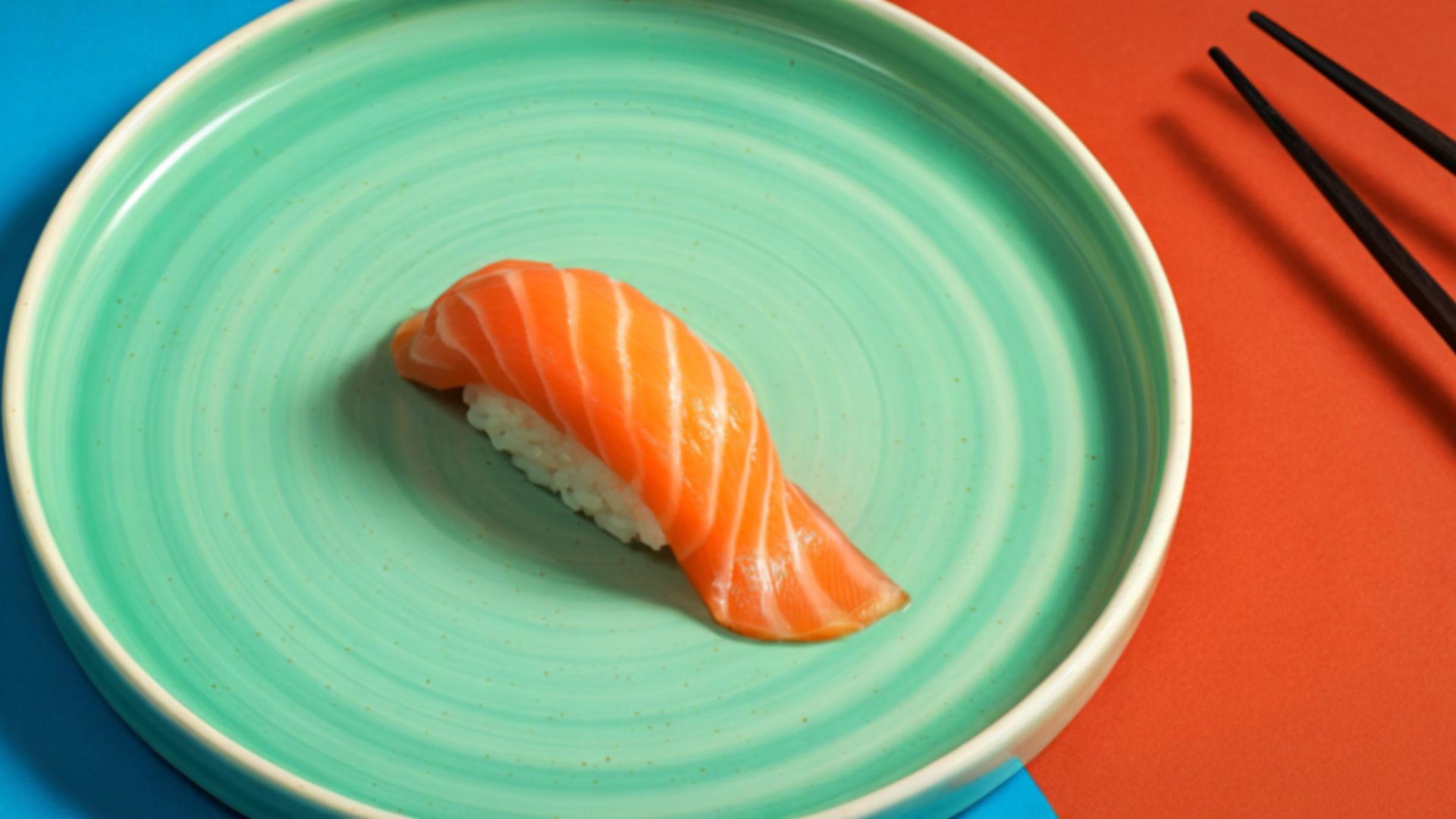Praised, debated, denounced, and sometimes the punchline of the joke—celebrities, TikTokers, and media outlets can’t stop talking about Ozempic, the “miracle” weight-loss drug that is only approved to treat type 2 diabetes.
But while Ozempic might get the most attention, Wegovy, Rybelsus, and Mounjaro are also in the anti-obesity medication spotlight, each contributing to the current weight-loss drug craze.
“In essence, these drugs are seen as a quick fix, which is highly attractive in a culture that values and emphasizes instant gratification in everything we do,” Dr. Kevin Huffman, founder and CEO of Ambari Nutrition, told The Food Institute.
How do these drugs work?
For the uninitiated, Ozempic and Wegovy are both self-administered semaglutide injections, both produced by Novo Nordisk. Semaglutide is a medication that mimics the GLP-1 hormone, released in the gut in response to eating.
The GLP-1 hormone prompts the body to produce more insulin, which is why semaglutide has been used to treat type 2 diabetes for over a decade. But in higher amounts, GLP-1 also interacts with the parts of the brain that suppress appetite and signal us to feel full, which can lead to significant weight loss, according to UCLA Health.
That’s why Wegovy, a higher-dose version of Ozempic, is sanctioned for chronic weight management, while Ozempic is intended for diabetics. For those squeamish about needles, Rybelsus is Novo Nordisk’s oral semaglutide tablet, currently only approved to treat type 2 diabetes, but seeking FDA approval for weight loss.
Are we looking at a new best-seller?
Mounjaro is the newest addition to the category. Produced by Eli Lilly, Mounjaro differs from Ozempic and Wegovy because it contains the active ingredient tirzepatide. Industry analysts predict that it could become one of the best-selling drugs of all-time, topping $50 billion in projected annual sales, according to a new report from Goodroot.
In April, Lilly announced that Mounjaro (currently approved only as a diabetes drug) had succeeded in a second final-stage trial for obesity. Shortly thereafter, Eli Lilly Co. became the largest pharmaceutical company in the world by market value, surpassing Johnson & Johnson.
Weight loss is serious business, and everyone wants a piece of the metaphorical pie (while the real pie, ironically, goes uneaten).
Even weight-loss programs are trying to get in on the action. Noom, an app that promises personalized coaching and a psychological approach to weight-loss, recently announced that it will now offer prescription drugs through its new telehealth platform, Noom Med. Noom’s foray into the medication market comes three months after WW, formerly known as Weight Watchers, made the same move.
Can weight loss be found in nature?
Meanwhile, those without access to prescription drugs are looking for over-the-counter dupes.
A supplement called Berberine has gone viral on social media, being described as “nature’s Ozempic.” The bitter-tasting bioactive compound extracted from plants has been around for at least 2000 years and is typically used to address conditions ranging from irritable bowel syndrome to elevated blood sugar. Now, it’s being touted as another weight-loss solution, although the science to support that claim is murky.
“As weight-loss drugs continue to grow in popularity, we’re going to see a lot more fad diets emerging around them that will go viral on platforms like TikTok,” said Huffman.
And with the increased cultural focus on weight loss, experts are quick to point out that losing weight does not necessarily equate to better health.
“While these medications can decrease calorie intake by suppressing someone’s appetite, our health depends upon fueling our body with a variety of nutrient-dense foods,” Christine Lothen-Kline, Dietitian Director at ModifyHealth told The Food Institute.
“Someone may lose weight but still be inactive and mostly eat foods with limited nutritional value,” Lothen-Kline said. “I don’t see that as a win.”











